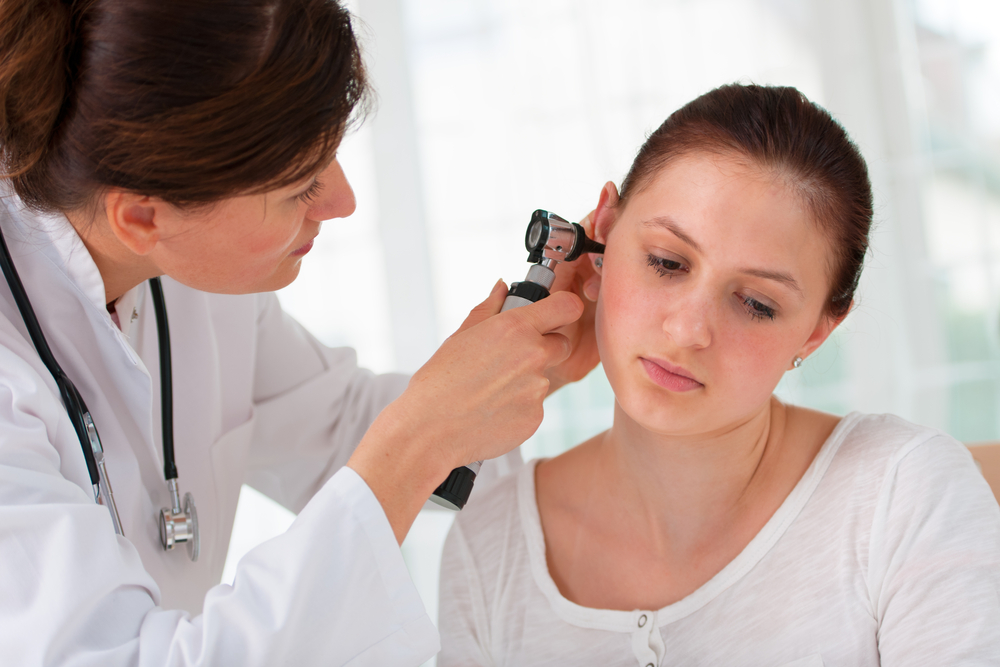Eustachian Tube Dysfunction refers to the blocking of the Eustachian tube, small tubes that run between your middle ears and the upper throat. They are responsible for equalizing ear pressure and draining fluid from the middle ear. The Eustachian tubes are usually closed except for when you chew, swallow, or yawn.
Several reasons can plug your Eustachian tubes and it may cause pain, hearing difficulties, and a feeling of fullness in the ears. Call your health care provider to be advise what to do.


